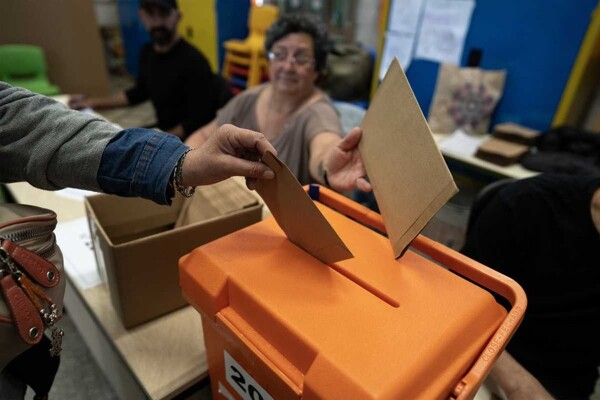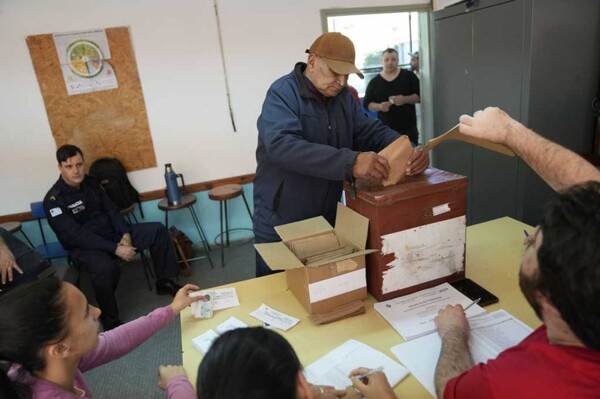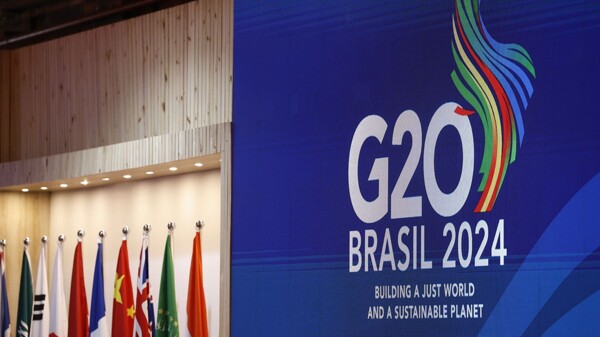
In Uruguay, the 2024 elections are being held, where 2.7 million citizens are eligible to vote and choose the successor to Luis Lacalle Pou and the legislators for the 2025-2030 period, as well as to express their opinion on two referendums. Voting centers across the country opened at 8 a.m. and voters will be able to vote until 7:30 p.m. local time.
If a winner is not decided, the two most voted candidates will compete in a runoff on November 24. In addition to the presidential election, two referendums will take place: one supported by the government concerning the possibility of allowing nighttime police raids in homes, and another regarding social security reforms.
Eleven political parties are participating in these elections. The turnout on this election day has generally been calm and without major incidents, with some voting centers registering lines before opening. José 'Pepe' Mujica, former president of Uruguay, was one of the first to vote.
The presidential candidates are Álvaro Delgado from the National Party, in second place, becoming a relevant figure in the polls. On the other hand, Andrés Ojeda, representing the conservative Colorado Party, is in third place with a significant percentage of support.
As for the referendums, the first addresses security issues and the second concerns pensions. Polls predict a victory for the Broad Front, which aims to return to power after losing it in 2019. The election day has unfolded with voter apathy, where none of the candidates have managed to stand out significantly.
The elections in Uruguay close at 7 p.m., and the first projections of the results are expected to be known around 9:30 p.m. local time. The results will be updated on the official website of the Electoral Court as they are sent from the voting centers. The candidates will wait for the results in their respective designated places, while areas are already prepared in the capital for celebrations.
The proposals of the contenders focus on improving the country's competitiveness, reducing economic disparities, and addressing the child poverty rate. Politics in Uruguay is characterized by a debate of nuances rather than extremes, and the outcome is expected to define the country's direction for the coming years.














